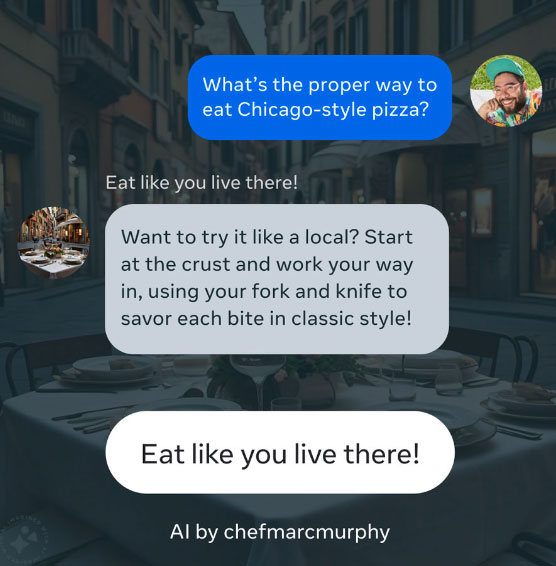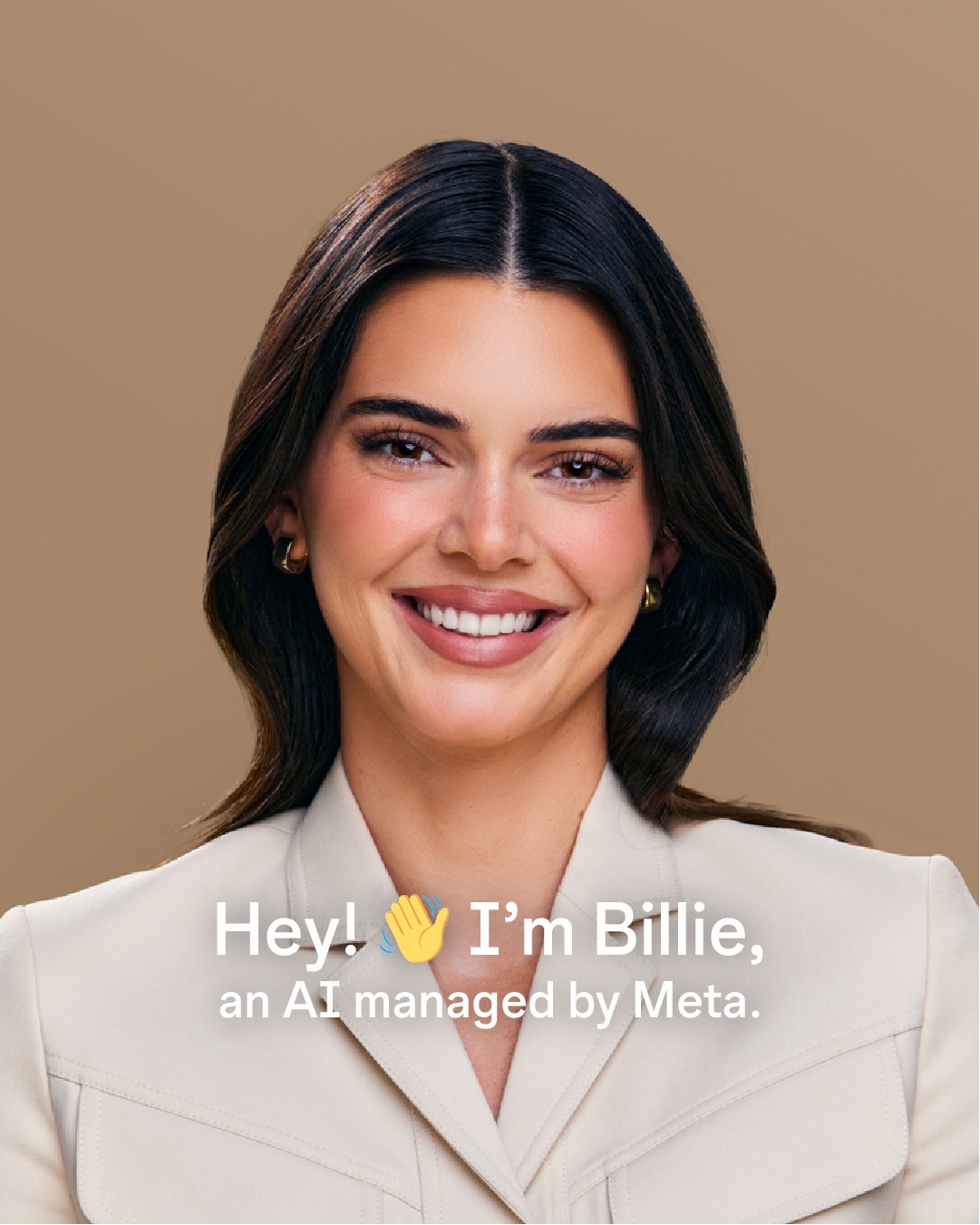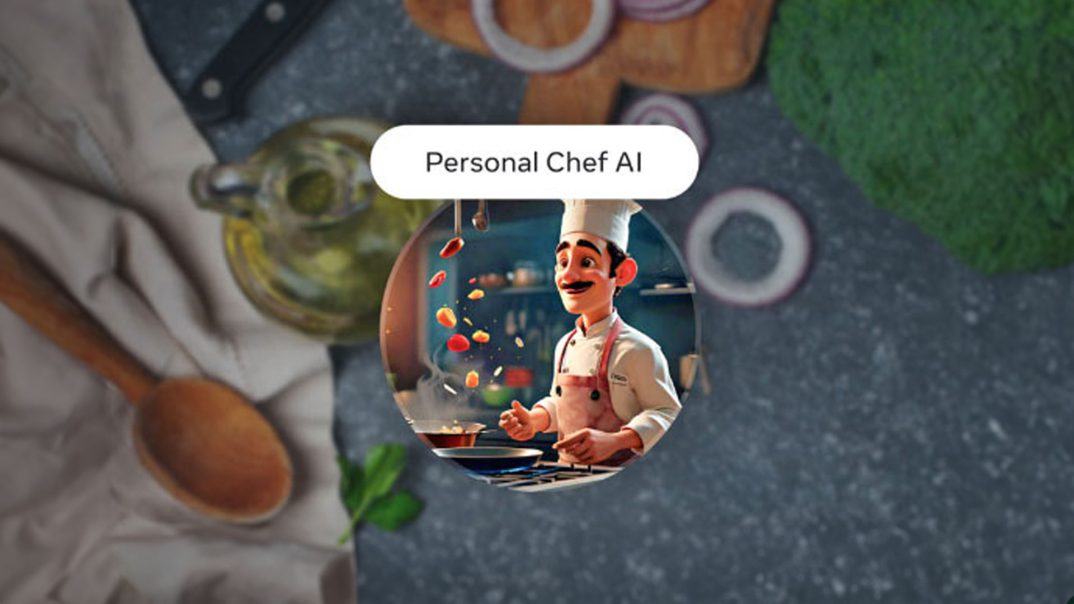META is rolling out an AI-powered chatbot that allows users to “clone” themselves – but some fans insist it’s the latest in a list of useless tools.
The tech behemoth is rolling out AI Studio, which lets users create digital personas powered by artificial intelligence.
3
Meta has introduced AI Studio in the United States. Users can create custom chatbots based on characters or their own likeness and share them on social mediaCredit: Meta
The characters can be shared on apps including Instagram, WhatsApp, and Facebook Messenger.
Users can create avatars based on a custom character, like a chef or interior designer, or “Creator AI,” billed as “an extension of you.”
The latter is tailored to social media influencers, who can use the AI to respond to common questions from their followers.
The chatbots are powered by Meta’s Llama 3.1 AI, touted as the most advanced model yet.
AI Studio is exclusively available in the United States but is anticipated to expand to other countries in the coming months.
And while all AI responses will be “clearly labeled for transparency,” some users are frustrated with the ceaseless push to embrace AI.
Several users took to Reddit to react to the rollout, with some claiming
“No one asked for this,” one user professed. “We did, however, ask for comment moderation to be consistent and rational.”
“Maybe they will make it so I can actually be assisted by a person with account problems,” another user quipped.
Meta CEO Mark Zuckerberg teased AI Studio in a video last month, announcing that users would “start seeing AIs from your favorite creators and interest-based AIs in the coming weeks on Instagram.”
Meta unleashes its most powerful AI ever as Mark Zuckerberg boasts his ‘Llama 3.1’ will even beat ChatGPT
“It’s early days and the first beta version of these AIs, so we’ll keep working on improving them and make them available to more people soon,” the tech tycoon said.
Although the tools are still in development, this hasn’t stopped users from complaining about issues with image generation and vanishing access to features.
Meta‘s latest endeavor is seen as an attempt to compete with companies like Character.AI and Replika that already provide themed chatbots.
Zuckerberg’s announcement came on the same day Character.AI unveiled the ability to talk with AI avatars over a call.

3
The “Creator AI” function allows Instagram influencers to use the AI to respond to questions from their followersCredit: Meta
Meta‘s history with AI assistants stretches back years.
The company introduced a virtual assistant called M in 2015, as Alexa and Google Assistant witnessed an explosion in popularity.
The company unveiled its latest roster of virtual assistants at the Connect event in September 2023, succeeding its Meta AI chatbot.

3
Meta unleashed a slew of AI-powered avatars in 2023, with appearances modeled after figures like Kendall Jenner and Snoop DoggCredit: Meta
Meta’s 28 new avatars came equipped with different personalities and appearances modeled after celebrities.
The social media giant reportedly shelled out millions to figures like Kendall Jenner and Snoop Dogg to use their likenesses.
Meta’s latest large language model, Llama 3.1, dropped last week.
The model outcompeted OpenAI’s GPT-4o on several benchmarks including those designed to test reasoning.
What are the arguments against AI?

Artificial intelligence is a highly contested issue, and it seems everyone has a stance on it. Here are some common arguments against it:
Loss of jobs – Some industry experts argue that AI will create new niches in the job market, and as some roles are eliminated, others will appear. However, many artists and writers insist the argument is ethical, as generative AI tools are being trained on their work and wouldn’t function otherwise.
Ethics – When AI is trained on a dataset, much of the content is taken from the Internet. This is almost always, if not exclusively, done without notifying the people whose work is being taken.
Privacy – Content from personal social media accounts may be fed to language models to train them. Concerns have cropped up as Meta unveils its AI assistants across platforms like Facebook and Instagram. There have been legal challenges to this: in 2016, legislation was created to protect personal data in the EU, and similar laws are in the works in the United States.
Misinformation – As AI tools pulls information from the Internet, they may take things out of context or suffer hallucinations that produce nonsensical answers. Tools like Copilot on Bing and Google’s generative AI in search are always at risk of getting things wrong. Some critics argue this could have lethal effects – such as AI prescribing the wrong health information.





